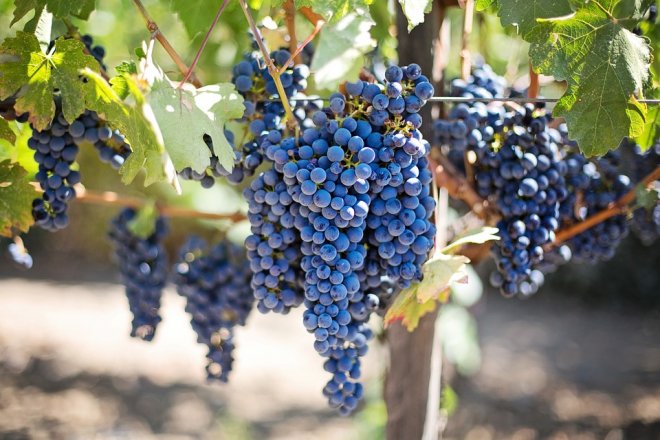
A genomic study conducted by researchers at the University of California-Irvine has found that humans have been eating grapes for the past 22,000 years.
The study revealed that grapes were a part of human diet even 22,000 years ago, when the ice sheets covering North America and Europe started retreating. As per the study, humans started cultivating grapes domestically before 15,000 years, a finding which debunked the earlier assumption that humans started growing most of the fruits before 7,000 years.
"Like most plants, grapes are typically considered to have been cultivated around 7,000 to 10,000 years ago, but our work suggests that human involvement with grapes may precede these dates," said Brandon Gaut, evolutionary biologist, and professor at the University of California-Irvine.
A habit developed from the wild ages
According to Brandon Gaut, humans ate grapes from the forests before they started cultivating them. He added that the new finding indicates that human activities had a great impact on ecosystems, even prior to the beginning of organized farming and agriculture.
As humans largely collected grapes from the forest, the abundance of the fruit steadily decreased, and later we started cultivating it as a part of agricultural activities. Soon, humans recognized the potential of this fruit and began growing it for a wide range of uses including winemaking. According to the study, the steady decline in grape population is either the reflection of an unknown natural process, or it indicates that humans started managing the natural population.
In the course of time, altering of important genes in the fruit resulted in the production of sugar with grapes. Soon, grape cultivation became quite popular in all nooks of the globe, and it emerged as one of the finest picked fruits of all times. Gaut also warns that most of the modern grape breeds contain harmful mutations when compared to its wild ancestors.








